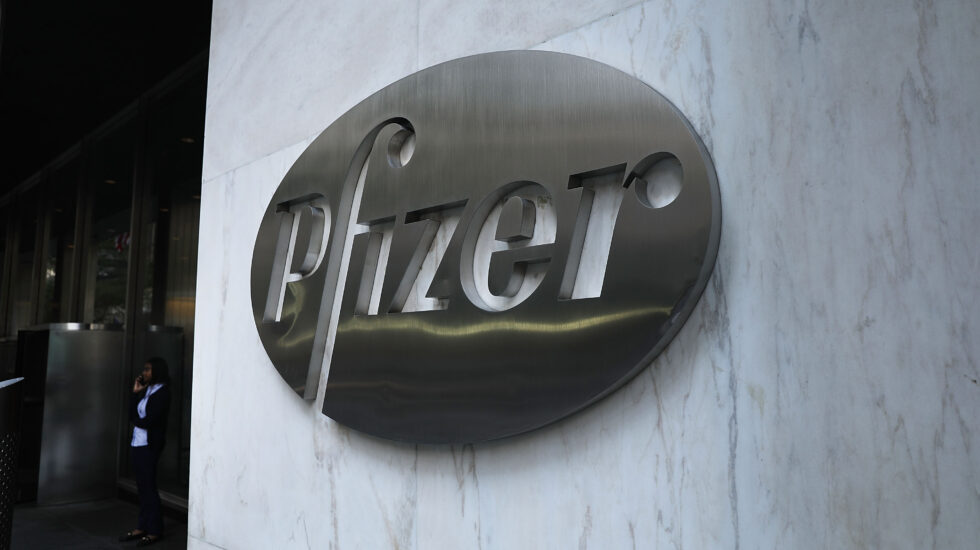Researchers at the pharmaceutical giant Pfizer found that its widely used arthritis drug Enbrel also appears to sharply reduce the risk of developing Alzheimer’s disease, reports the Washington Post. But the company decided not to pursue the possibility.
The evidence that Enbrel — a powerful anti-inflammatory drug — might be effective against Alzheimer’s turned up in 2015, in a Pfizer analysis of hundreds of thousands of insurance claims.
“Researchers in the company’s division of inflammation and immunology urged Pfizer to conduct a clinical trial on thousands of patients, which they estimated would cost $80 million,” according to an internal company document obtained by the Post.
Pfizer reported revenues topping $53 billion in 2018, with a net income of more than $11 billion.
“Enbrel could potentially safely prevent, treat and slow progression of Alzheimer’s disease,’’ said the document, a PowerPoint slide show prepared for an internal Pfizer committee last year.
But “after several years of internal discussion, Pfizer opted against further investigation and chose not to make the data public” because it believed “publishing the information might have led outside scientists down an invalid pathway,” the Post says.
According to the Alzheimer’s Association, nearly 6 million Americans suffer from the disease, almost two-thirds of them women. It’s the sixth leading cause of death among those 65 and older. No treatment has been found to prevent or slow its development.
A former Pfizer executive who spoke to the Post on condition of anonymity said the company “offered virtually no explanation internally for opting against further investigation in early 2018 when the internal debate ended.”
“I think the financial case is they won’t be making any money off of it,’’ that former executive said.
The Post says Pfizer shared its data “at least one prominent scientist,” but outside researchers told the paper that the company “also should at least have published its data, making the findings broadly available to researchers.”
“Of course they should. Why not?’’ said Rudolph E. Tanzi, a leading Alzheimer’s researcher and professor at Harvard Medical School and Massachusetts General Hospital.
“It would benefit the scientific community to have that data out there. Whether it was positive data or negative data, it gives us more information to make better informed decisions,’’ said Keenan Walker, assistant professor of medicine at Johns Hopkins who is studying how inflammation contributes to Alzheimer’s.
Around the time that it decided not to conduct a clinical trial of Enbrel, Pfizer announced it was ending Alzheimer’s research completely — “shutting down its neurology division, where Alzheimer’s treatments were explored, and laying off 300 employees,” says the Post.



